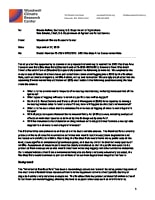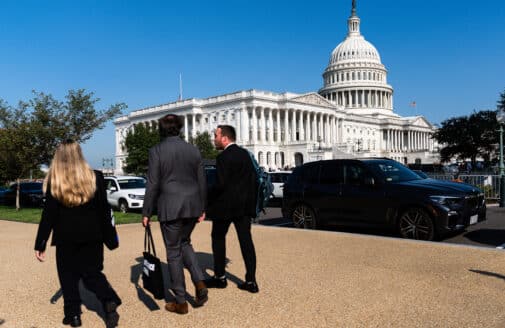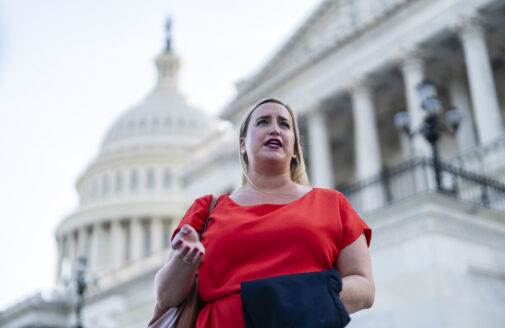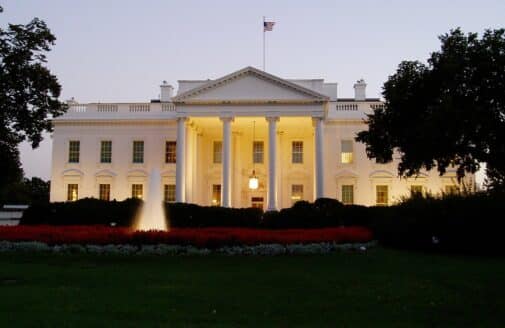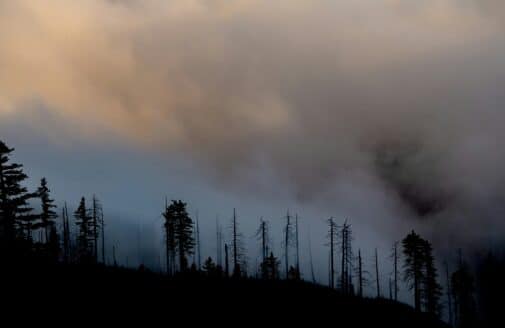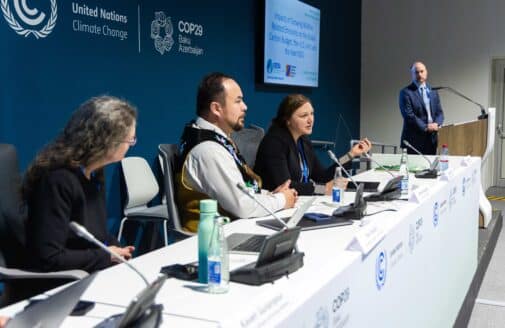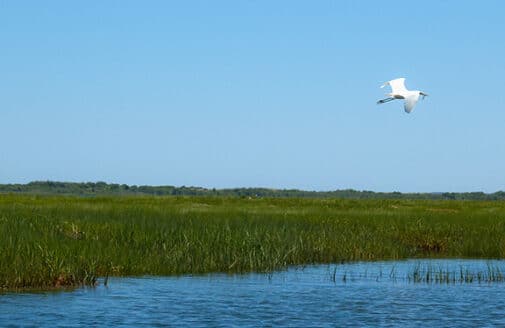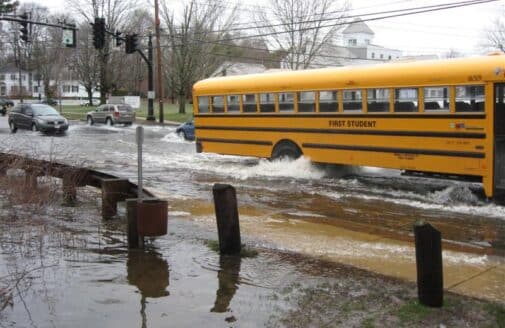Woodwell Climate submits public comment in support of the Roadless Rule
Best available science shows increased logging in public forests will degrade carbon stocks, increase fire
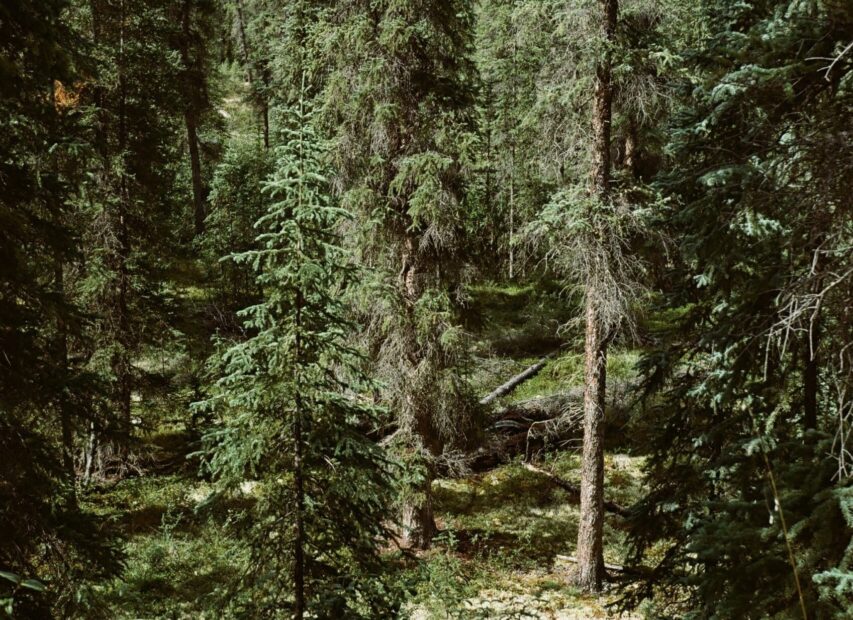
On September 19, Woodwell Climate submitted public comment on the U.S. Forest Service’s proposed rulemaking to rescind the 2001 Roadless Area Conservation Rule, also known as the Roadless Rule. This rule banned logging and the creation of new logging roads in 58 million acres of National forests.
The federal agency’s intent to rescind the Roadless Rule aligns with the presidential Executive Order, “Unleashing Prosperity through Deregulation” which seeks to remove obstacles to extracting natural resources on public lands. Additionally, the agency claims the repeal of the rule will allow forest managers to remove trees from “overstocked forests” to prevent wildfire and disease.
Woodwell Climate strongly opposes the rescission of the rule, citing the best available science that shows increased roadways and subsequent logging will result in ecological degradation, increased wildfire, and loss of critical carbon stocks.
“The Roadless Rule currently protects millions of acres from extractive activities that would result in ecosystem degradation and increased vulnerability to wildfire,” writes Senior Scientist Rich Birdsey in the comment. “Rescinding the Roadless Rule would harm many public uses of the land, cause significant emissions of greenhouse gases, and destroy critical habitat for many species of wildlife.”
Federal forests have major carbon storage and climate mitigation potential, absorbing approximately 3% of U.S. emissions from fossil fuel burning each year. Mature and old growth forests are responsible for the majority of that, and the Roadless Rule has been instrumental in preventing the logging of these important forests, including the Tongass National Forest in Alaska.
“Increased logging is the single greatest threat to these forests and the carbon they hold—and it is the threat we most directly control,” the Woodwell Climate comment states. “As the impacts of climate change become more extreme and damaging, we should prioritize protecting mature and old-growth forests on federal lands, not harvesting them.”
Additionally, studies show that road building into previously undisturbed forests actually increases vulnerability to fire. This is because most wildfires are caused by human ignitions which become more common with better access roads. Undisturbed mature and old-growth forest ecosystems are also more resilient to wildfires compared to forests that are actively logged and managed.
The full public comment can be read here.




